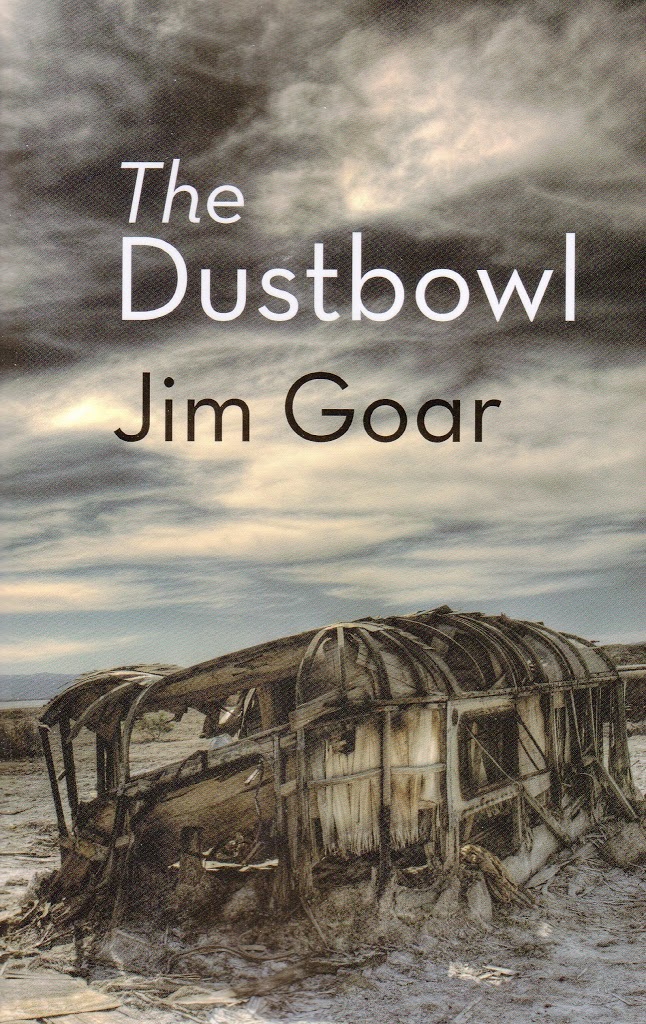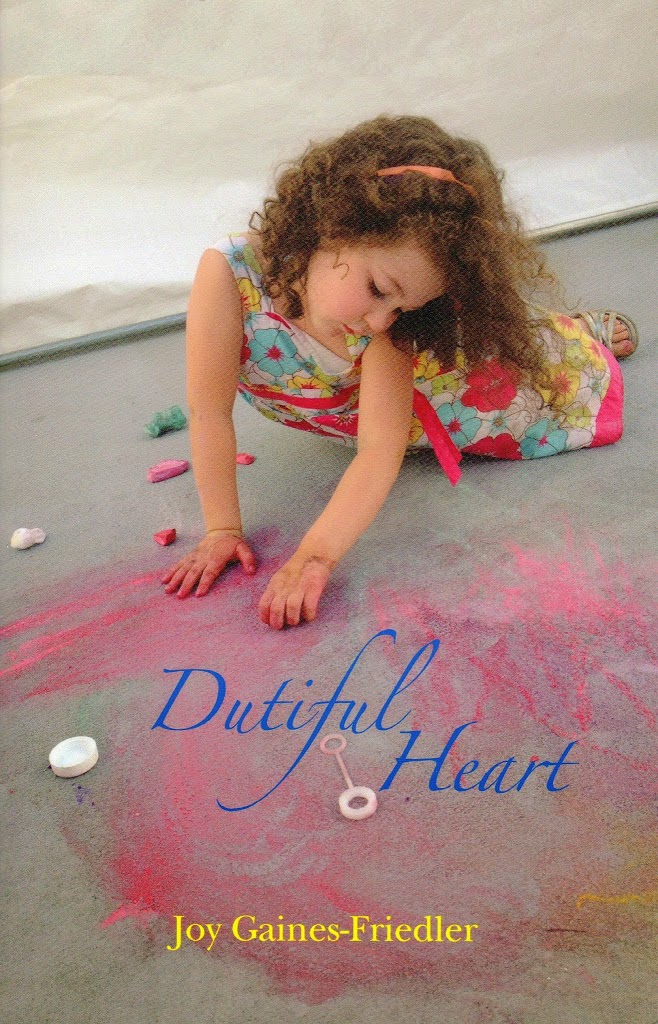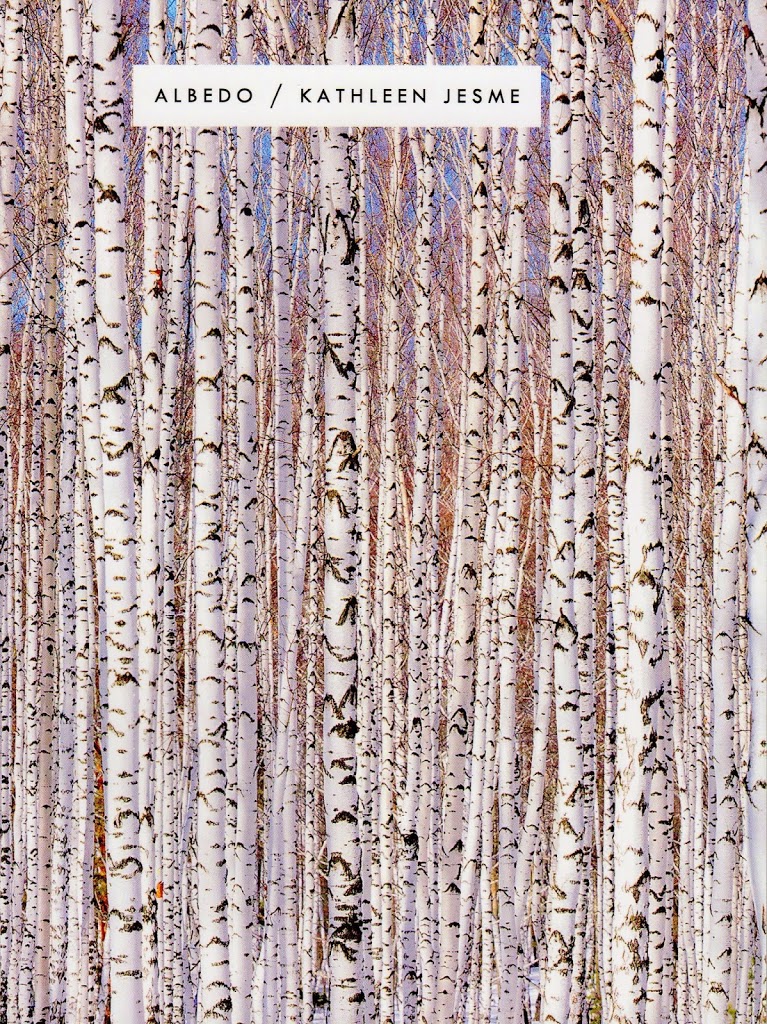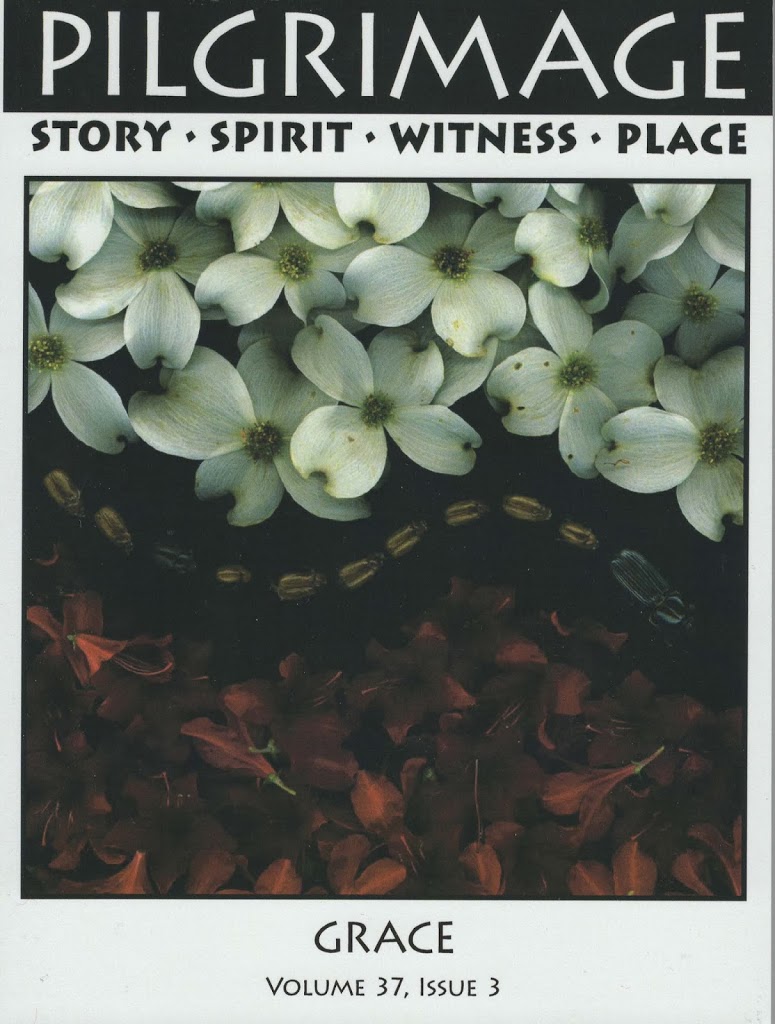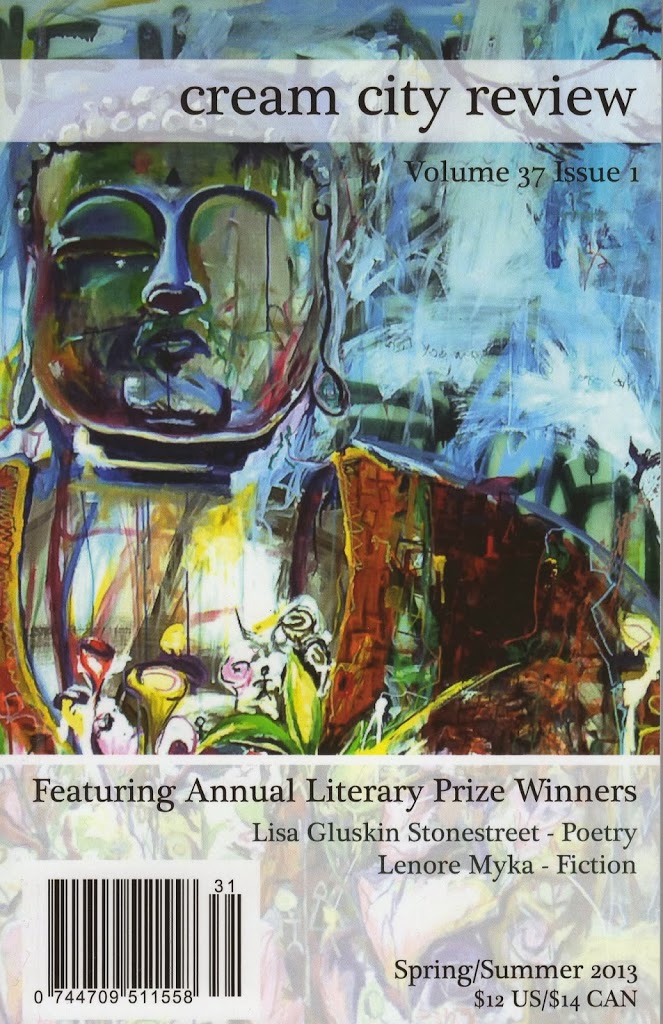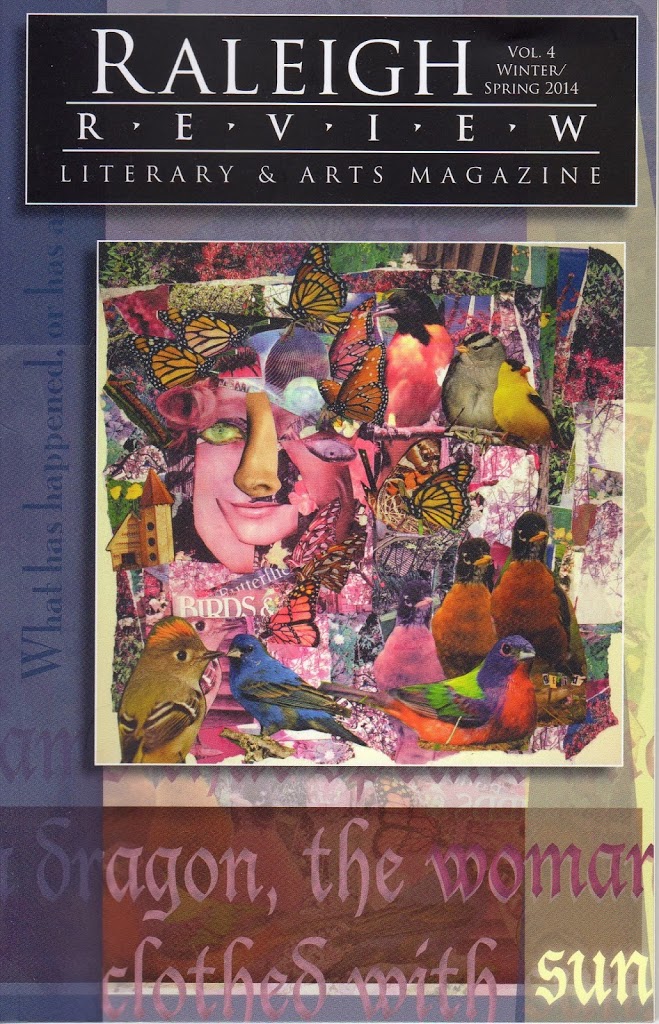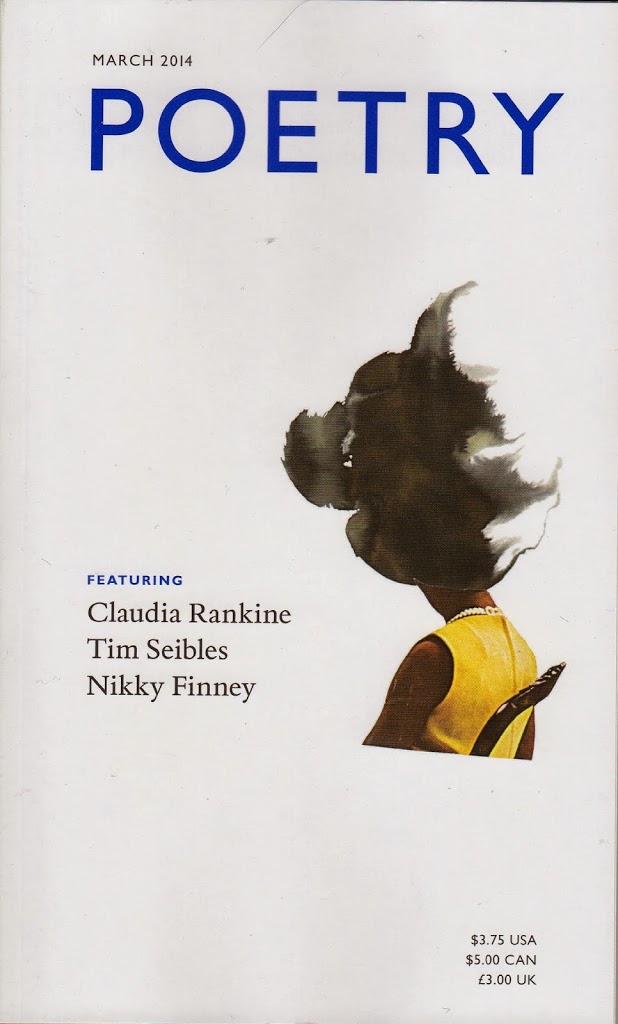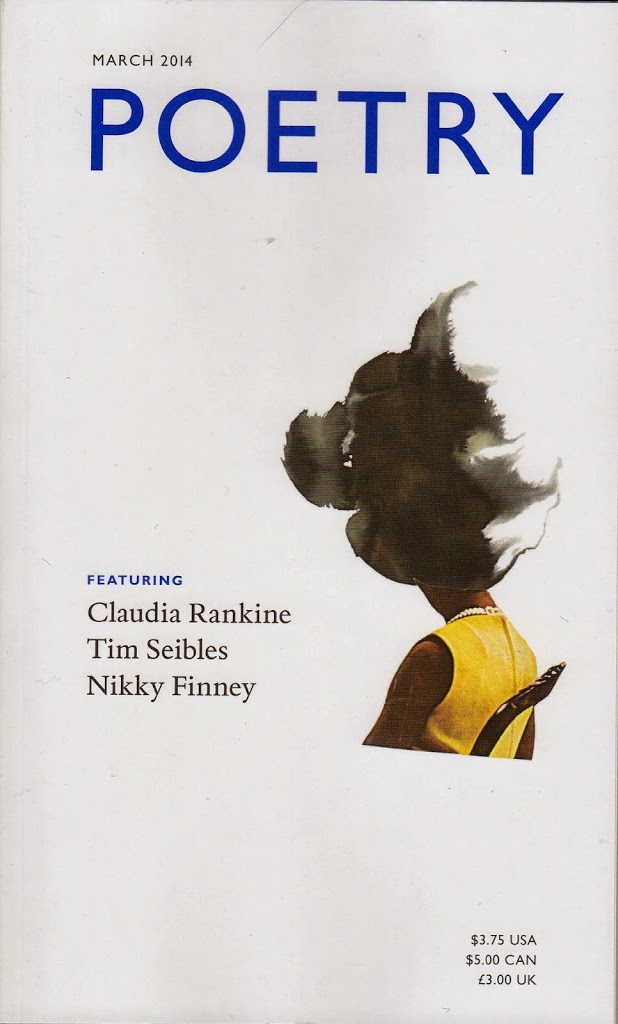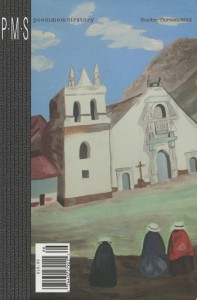Book covers are skewed to poetry this time, by sheer chance. Enjoy!
The Dustbowl, poetry by Jim Goar, Shearsman Books
The dustbowl loomed. A book that
could not be opened. The bastard
son remembered a sword. This is my
body. All those angry lambs. Crows
go round and round. Ain’t got no
home. A barn beneath the sand.
Here today. Gone tomorrow….
Dutiful Heart, poetry by Joy Gaines-Friedler, Broadkill River Press
from “Assisted Living/Caring for the Irreducible”:
Sunlight breaks through the heart here.
It can barely raise its head,
its neck weak as an after-harvest stalk.
………………………………………………….
There are two sides to this life:
The side you nurture, and the side you fail.
The child you inspire, and the one you reduce.
Sacrifice. And the women you turn hard against.
Albedo, poetry by Kathleen Jesme, Ahsahta Press
from “Hard Believing Time”:
Went hungry. For a long day longer than reasons, went out
to the garden and the garden was bare. Even the crows
stayed away. At first, a long sign of summer,
then second late frost dropping the buds to their knees.
I’ve been dropped to mine, too. Used to be
I’d pray when my knees kissed the dirt of my garden. But
now the ground says I’m the scourge of God, so I come
crashing down. When the end comes: even if
it’s true, the end has a way of returning every favor, a way
of washing its hands of you.

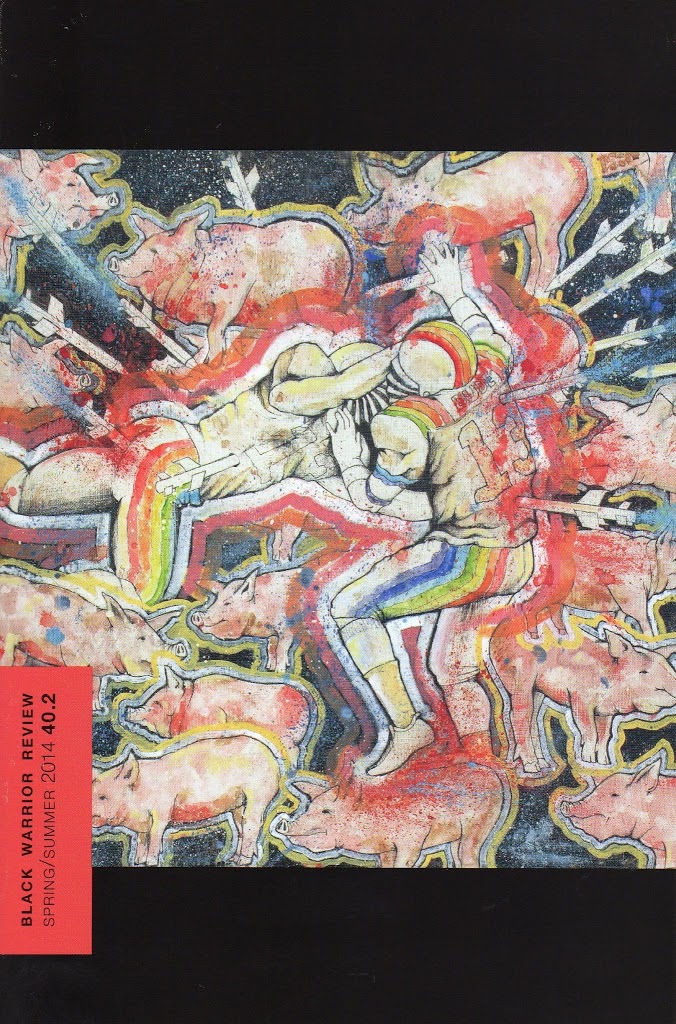
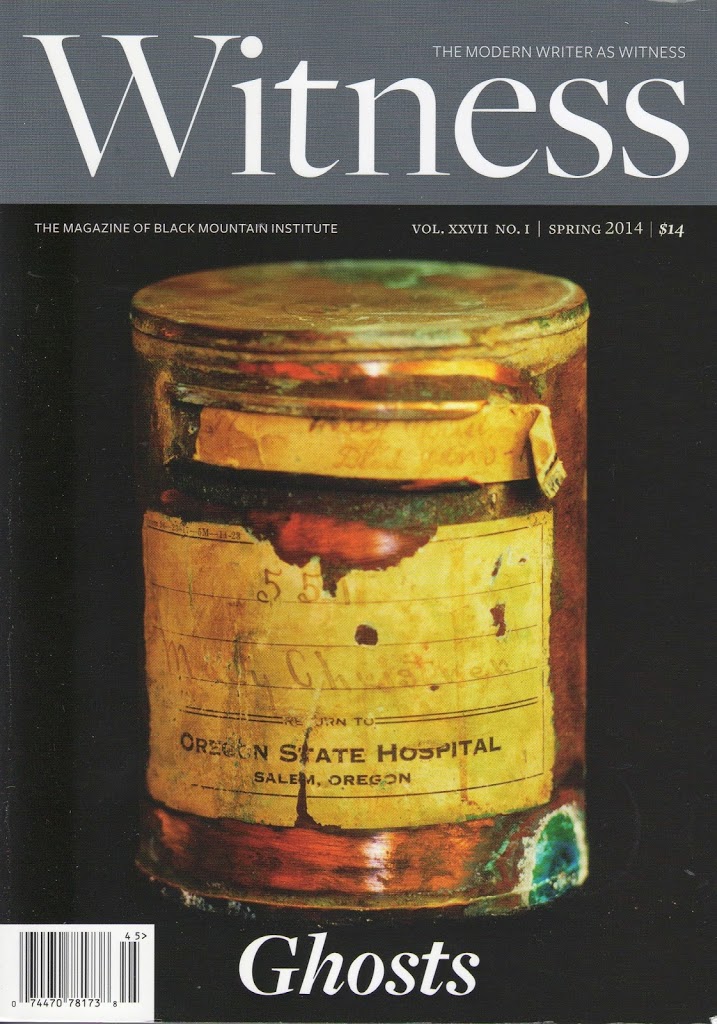

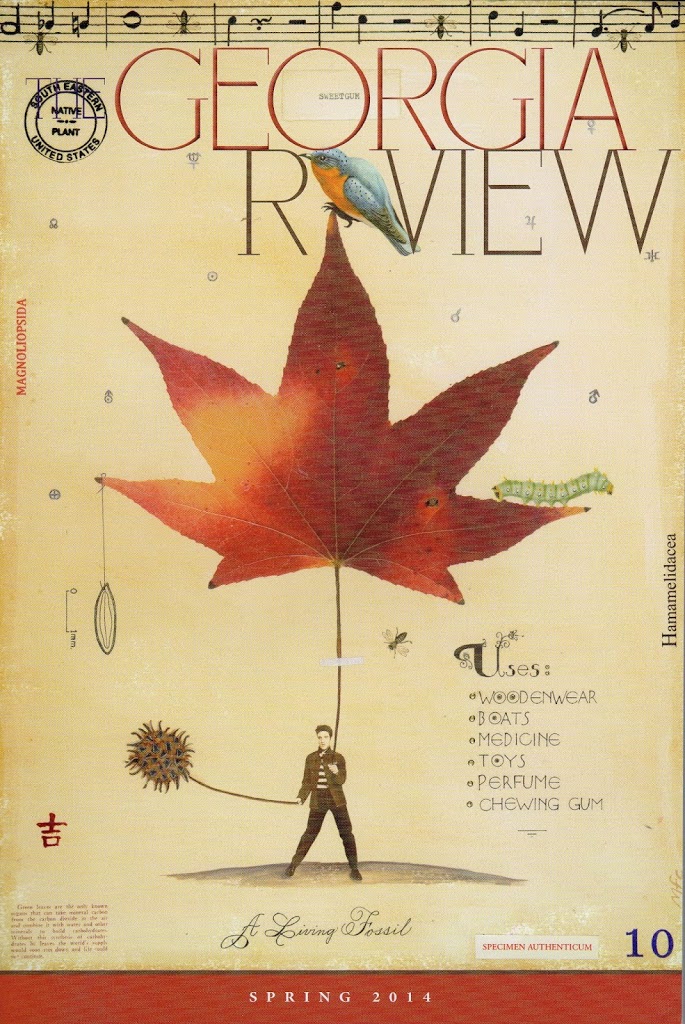

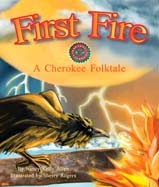
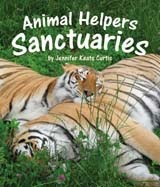

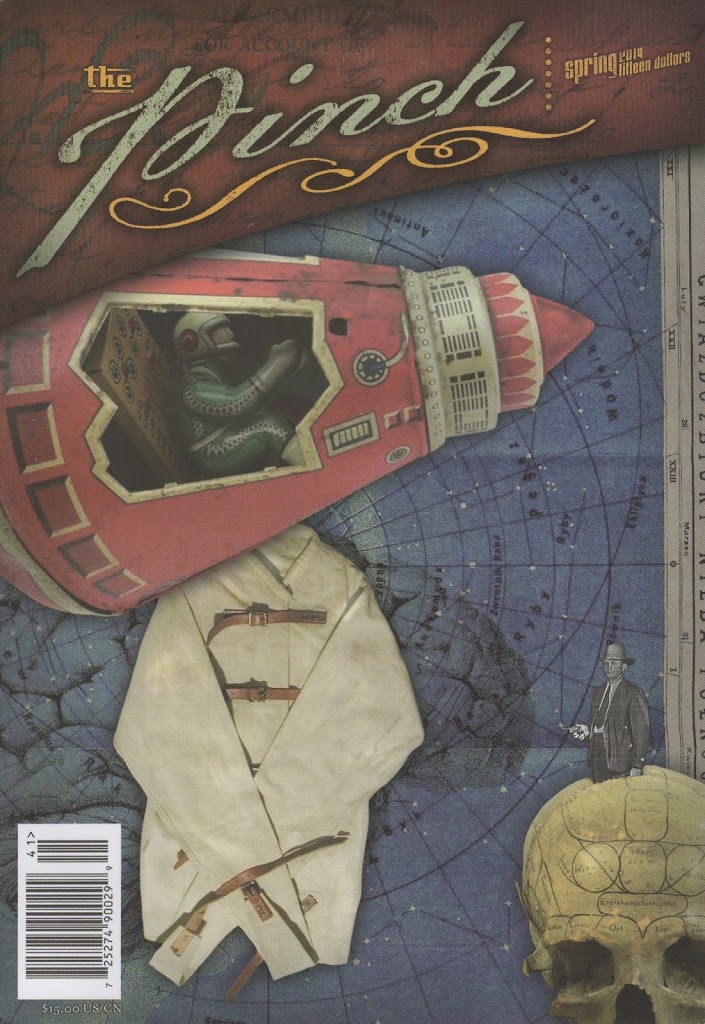
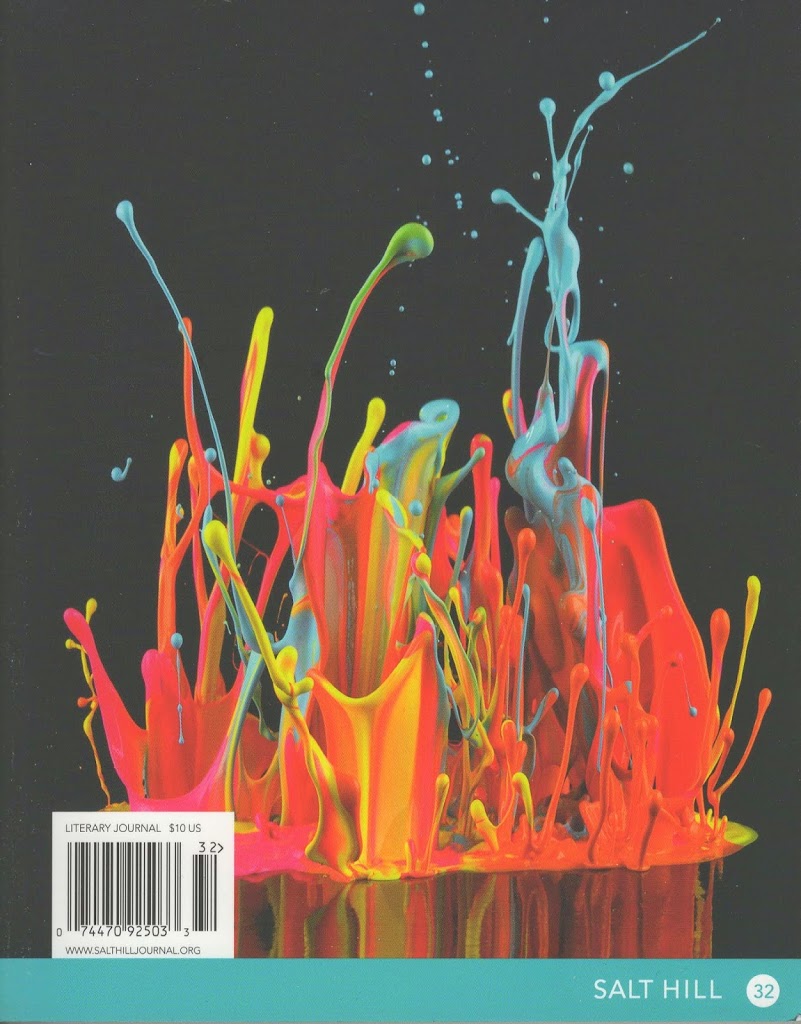
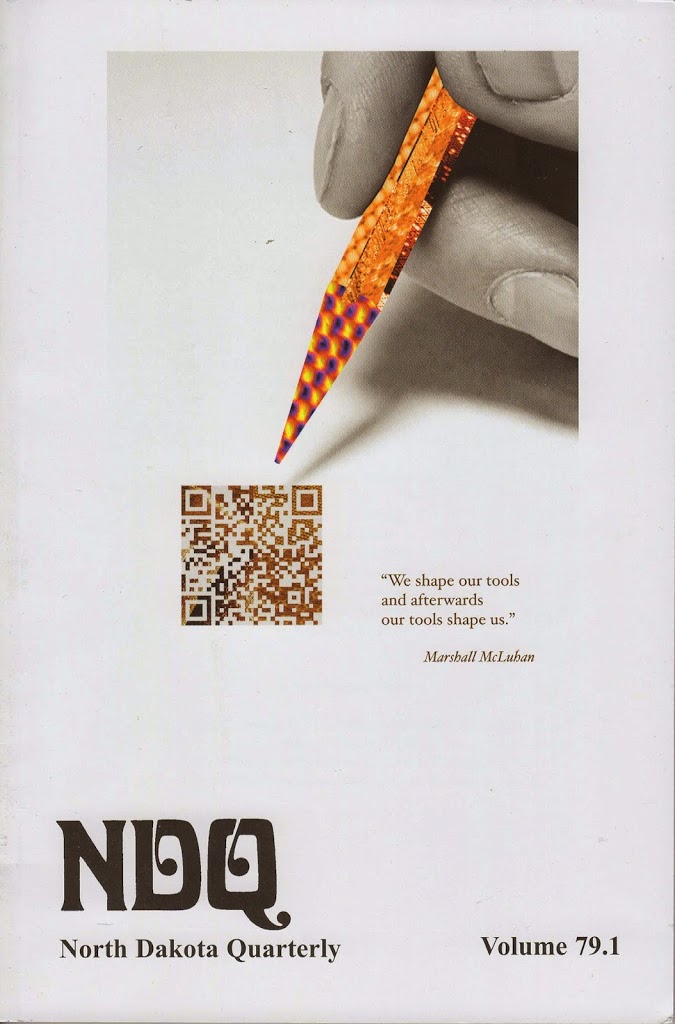
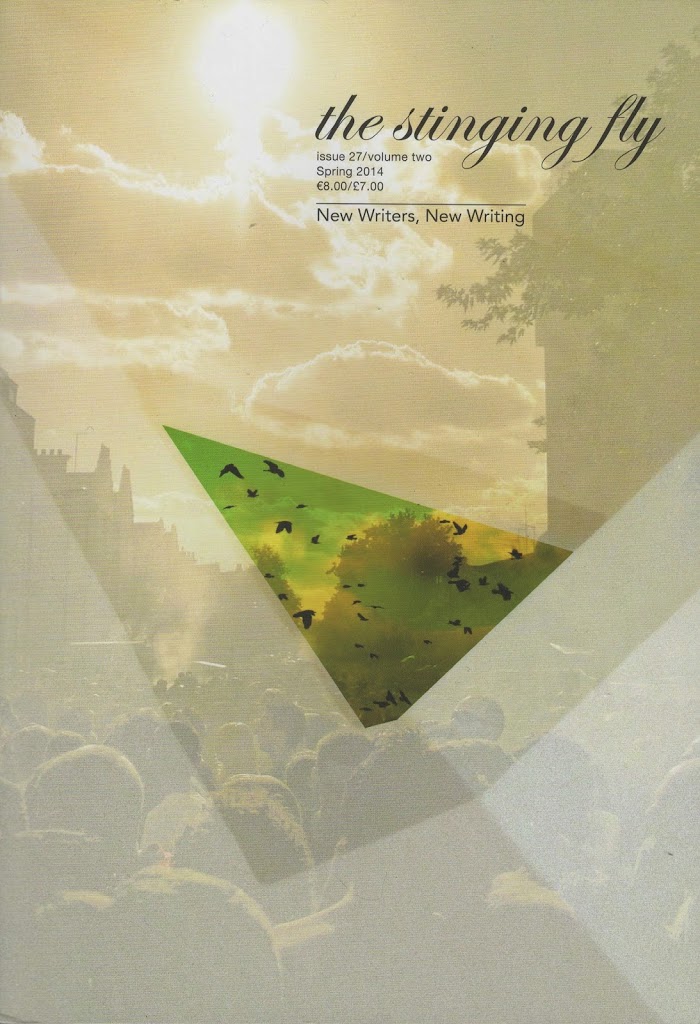
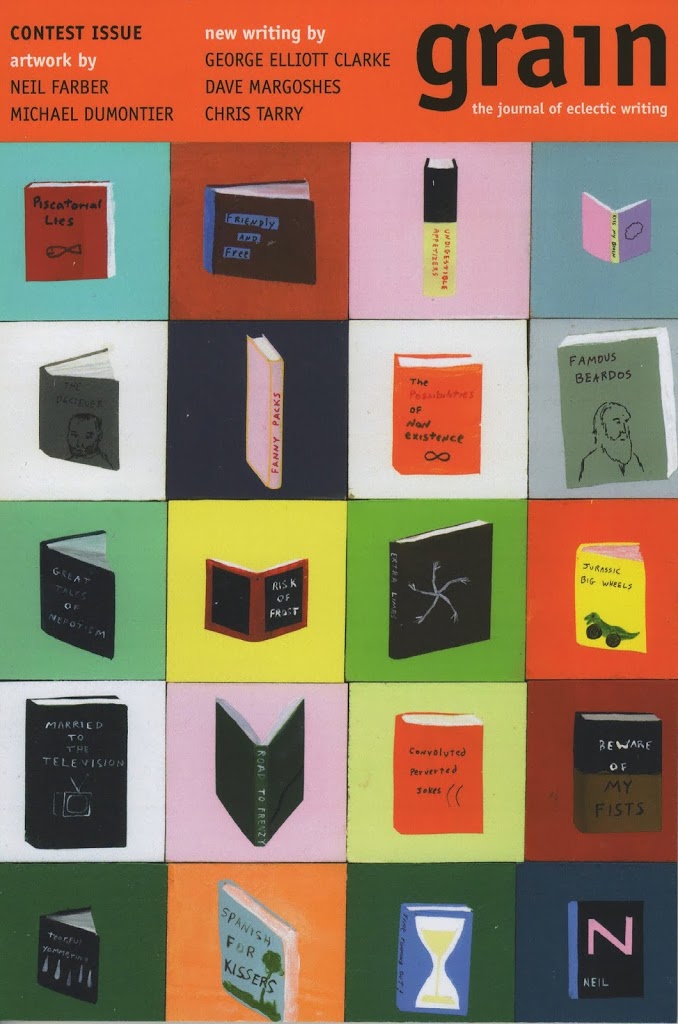
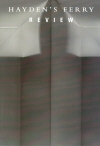 Printed on the back cover of this issue of Hayden’s Ferry Review appears, along with front and back cover art by Carlos Jiménez Cahua, the word “DEPARTURE” broken into three lines: DEP / ART / URE, and I noticed this one afternoon picking up the issue from the coffee table. I had already become somewhat familiar with the contents of the issue, and my brain reversed the fragments of the word, reading from the bottom up: Your Art Dep(artment).
Printed on the back cover of this issue of Hayden’s Ferry Review appears, along with front and back cover art by Carlos Jiménez Cahua, the word “DEPARTURE” broken into three lines: DEP / ART / URE, and I noticed this one afternoon picking up the issue from the coffee table. I had already become somewhat familiar with the contents of the issue, and my brain reversed the fragments of the word, reading from the bottom up: Your Art Dep(artment). 